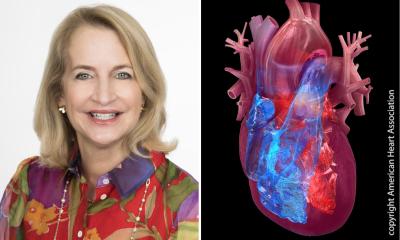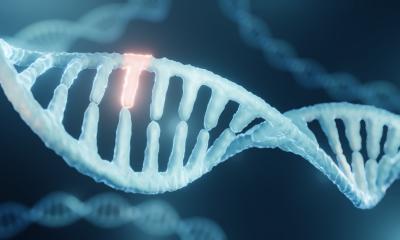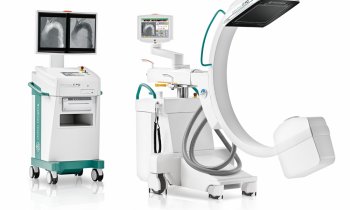Mapping heart diseases
Though heart disease is a major cause of disability and death, very little is understood about its genetic underpinnings. Recently, an international team of investigators at the Institute of Molecular Biotechnology of the Austrian Academy of Sciences (IMBA), Sanford-Burnham Medical Research Institute (Sanford-Burnham) and other organizations shed new light on the subject. Studying Drosophila (fruit flies), the team investigated 7061 genes and built a detailed map that shows how a portion of these genes contribute to heart function and disease. Importantly, the researchers identified many genes that had not previously been associated with heart disease.
Using RNAi technology which selectively knocks out genes so researchers can study their function the team found nearly 500 genes that when inhibited cause flies to experience heart problems while under stress. In particular, the team found that a protein complex called CCR4-Not has a role in heart function. Turning off CCR4-Not complex genes caused heart muscle abnormalities (cardiomyopathies) in both flies and mice. These findings provide new insights into human health, as a common mutation in the human NOT3 gene is associated with a heart condition that often leads to lethal arrhythmias or sudden cardiac death.
"Our work on flies has identified a possible cause of human heart disease that the human genetic screens had missed," said co-lead researcher Dr. Josef Penninger, of IMBA.
The creation of this genetic map is only the beginning. The researchers identified many genes with no known function that may, when malfunctioning, predispose humans to heart disease. Much work needs to be done to determine the mechanisms by which these genes influence heart health.
"We already established that genes responsible for making the heart in fruit flies have a similar role in humans; and now we find that many of the genes that help the heart maintain normal function also prevent heart disease in humans," said co-lead researcher Rolf Bodmer, Ph.D., director of the Development and Aging program at Sanford-Burnham.
This international team included lead scientists from the Institute of Molecular Biotechnology of the Austrian Academy of Sciences (Vienna, Austria), Sanford-Burnham Medical Research Institute and Akita University (Japan). They were assisted by researchers at Tokyo Medical and Dental University, Toronto General Hospital, Keio University School of Medicine (Japan), Strand Life Sciences (Bangalore, India), New York University, Institute of Human Genetics (Munich, Germany), General Central Hospital (Bolzano, Italy) and the University of Lübeck (Germany).
Source: Sanford-Burnham Medical Research Institute
08.04.2010









